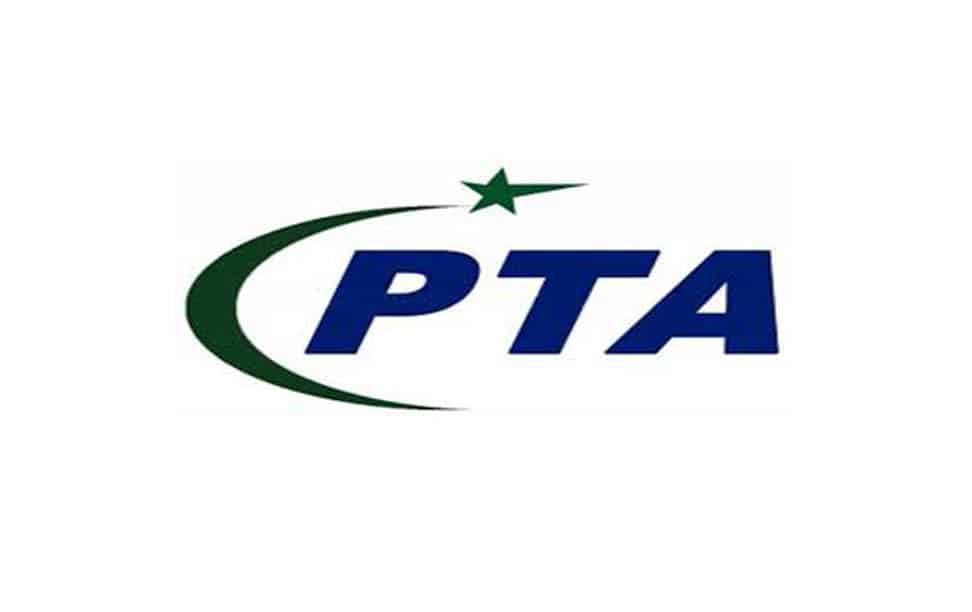SECP facilitating regulated microfinance to enhance financial inclusion

By MG News | April 07, 2017 at 05:16 PM GMT+05:00
The Securities Exchange Commission of Pakistan in order to increase financial inclusion is providing enabling regulations for the non-banking microfinance institution segment. Zafar Abdullah, Commissioner, Specialized Companies Division, said this while speaking at a seminar on Islamic microfinance at the SECP head office.
Microfinance promotes financial inclusion without compromising the dignity of the individuals and it is only befitting that interest-free financing should enjoy the support of both policy makers and citizens, he added.
Microfinance is a regulated activity in Pakistan and only those entities, which are either licensed from the SBP or the SECP can undertake the microfinance business. A company registered under the Companies Ordinance can become a non-bank finance company or an NGO for providing microfinance. Twenty entities have already obtained license from SECP and more are in process.
Becoming a regulated entity offers huge benefits to the microfinance providers, including greater donor confidence, more fund raising opportunities, and recognition as a financial institution. The SECP’s framework allows microfinance providers to use both conventional and Islamic modes of financing. In developing microfinance regulations, the SECP has been actively engaging with stakeholders in microfinance including Pakistan Microfinance Network, Pakistan Poverty Alleviation Fund, as well as providers of micro finance, explained Ms. Saima Ahrar from SECP Policy, Regulation, and Development Department concerning microfinance.
Dr. Amjad Saqib, Executive Director, Akhuwat, the largest interest-free loan provider in Pakistan, said that it had disbursed Rs37 billion among 1.8 million households with a 99.9% recovery rate. It relies on donations, qarde hasan, and a spirit of volunteerism. It is inspired and guided by Islam, it serves all Pakistanis irrespective of their faith, and shuns discrimination. He said that the principles underlying Akhuwat begin where the principles of traditional economics end. Against all skepticism about lending money without charging any interest, Akhuwat’s model has proven itself to be robustly sustainable.
Mr. Usman Hayat, head of Islamic Finance Department at SECP, pointed out that the proposed Sharia governance framework by the SECP is meant to cover all sectors regulated by SECP and it will address the sector-specific requirements of Islamic microfinance institutions.
This seminar on Islamic microfinance was organized in collaboration with Center for Excellence in Islamic Finance (CEIF) IMSciences Peshawar and participants from Ministry of Finance, National Rural Support Program, and academia attended it.
Related News
| Name | Price/Vol | %Chg/NChg |
|---|---|---|
| KSE100 | 129,536.96 121.33M |
1.04% 1337.54 |
| ALLSHR | 80,620.70 331.61M |
1.04% 833.07 |
| KSE30 | 39,623.11 45.83M |
1.32% 518.11 |
| KMI30 | 188,397.07 38.52M |
0.79% 1481.46 |
| KMIALLSHR | 54,538.68 144.34M |
0.62% 336.80 |
| BKTi | 34,457.58 24.70M |
2.93% 980.90 |
| OGTi | 28,088.92 2.87M |
0.45% 126.34 |
| Symbol | Bid/Ask | High/Low |
|---|
| Name | Last | High/Low | Chg/%Chg |
|---|---|---|---|
| BITCOIN FUTURES | 106,880.00 | 106,910.00 105,440.00 |
1130.00 1.07% |
| BRENT CRUDE | 67.18 | 67.29 67.05 |
0.07 0.10% |
| RICHARDS BAY COAL MONTHLY | 97.50 | 97.50 97.50 |
0.70 0.72% |
| ROTTERDAM COAL MONTHLY | 103.80 | 103.80 103.80 |
-3.45 -3.22% |
| USD RBD PALM OLEIN | 998.50 | 998.50 998.50 |
0.00 0.00% |
| CRUDE OIL - WTI | 65.50 | 65.65 65.34 |
0.05 0.08% |
| SUGAR #11 WORLD | 15.70 | 16.21 15.55 |
-0.50 -3.09% |
Chart of the Day
Latest News
Top 5 things to watch in this week
Pakistan Stock Movers
| Name | Last | Chg/%Chg |
|---|
| Name | Last | Chg/%Chg |
|---|



 CPI
CPI